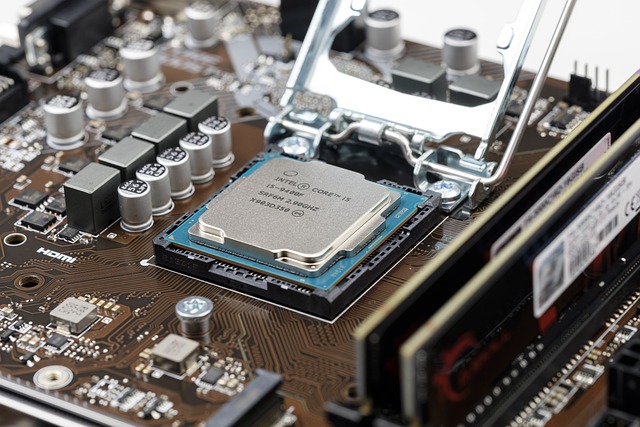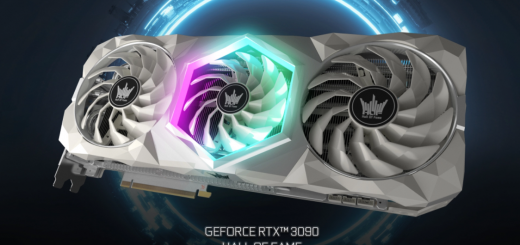Microsoft Removes 44 Intel Processors from Official Windows 11 Compatibility List
Microsoft’s latest operating system, Windows 11, has made important changes to the list of processors it supports. Notably, the company has removed 44 Intel CPUs from the officially supported list.

Deskmodder, a tech analysis platform, noticed that many Intel CPUs were taken off Microsoft’s list of processors that work with Windows 11. The investigation revealed that all of the removed CPUs were from Intel’s Xeon lineup. In total, there are 44 Xeon series CPUs were removed, including Intel Xeon E-2104G, E-2124, E-2124G, E-2126G, E-2134, E-2136, E-2144G, E-2146G, E-2174G, E-2176G, E-2176M, E-2186G, E-2186M, E-2224, E-2224G, E-2226G, E-2226GE, E-2234, E-2236, E-2244G, E-2246G, E-2254ME, E-2254ML, E-2274G, E-2276G, E-2276M, E-2276ME, E-2276ML, E-2278G, E-2278GE, E-2278GEL, E-2286G, E-2286M, E-2288G, E-2314, E-2324G, E-2334, E-2336, E-2356G, E-2374G, E-2378, E-2378G, E-2386G, E-2388G.
Intel Xeon processors, which Intel describes as suitable for entry-level server solutions, have been stable processors since they were introduced back in 2018 as part of Intel’s 8th-generation processors. However, their sudden removal from the list of supported processors for Windows 11 came as a surprise to everyone
Despite these changes, Windows users who have systems with these processors shouldn’t worry too much. Removing a processor from the list doesn’t immediately make existing systems incompatible. However, it does probably mean that all future devices that come with Windows 11 from PC manufacturers will not include these excluded Xeon processors.
The reason for the decision to remove these processors from the list isn’t clear yet. For now, users who have systems with the removed processors will not experience any problems. They will, like everyone else, need to wait for Microsoft to provide more information about their hardware policy.













